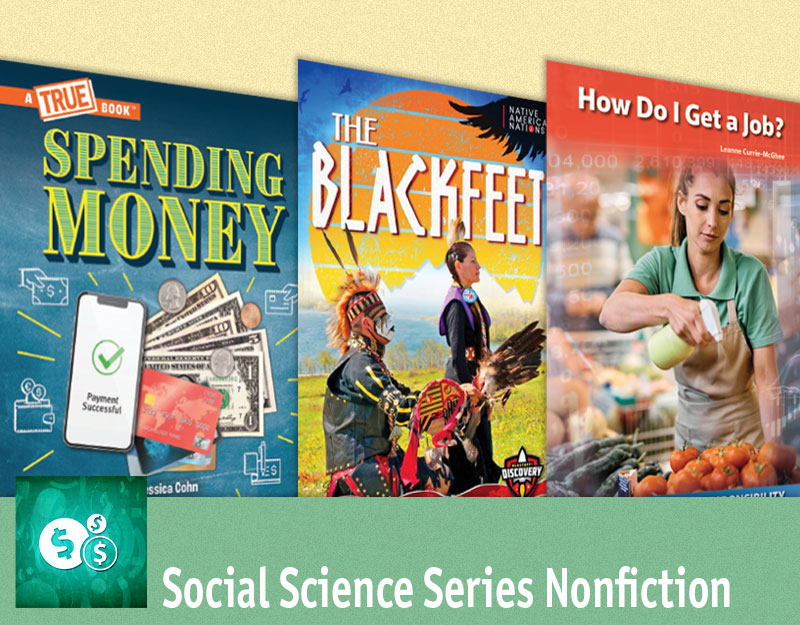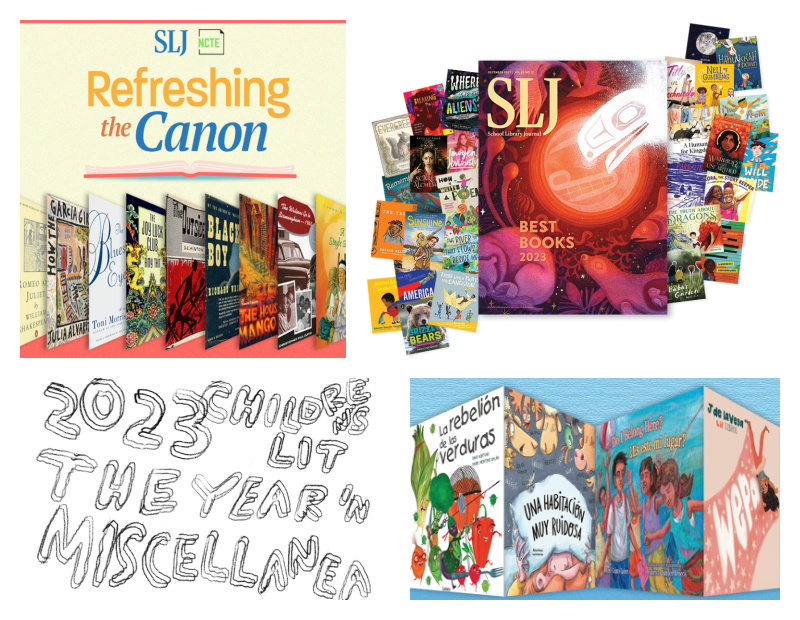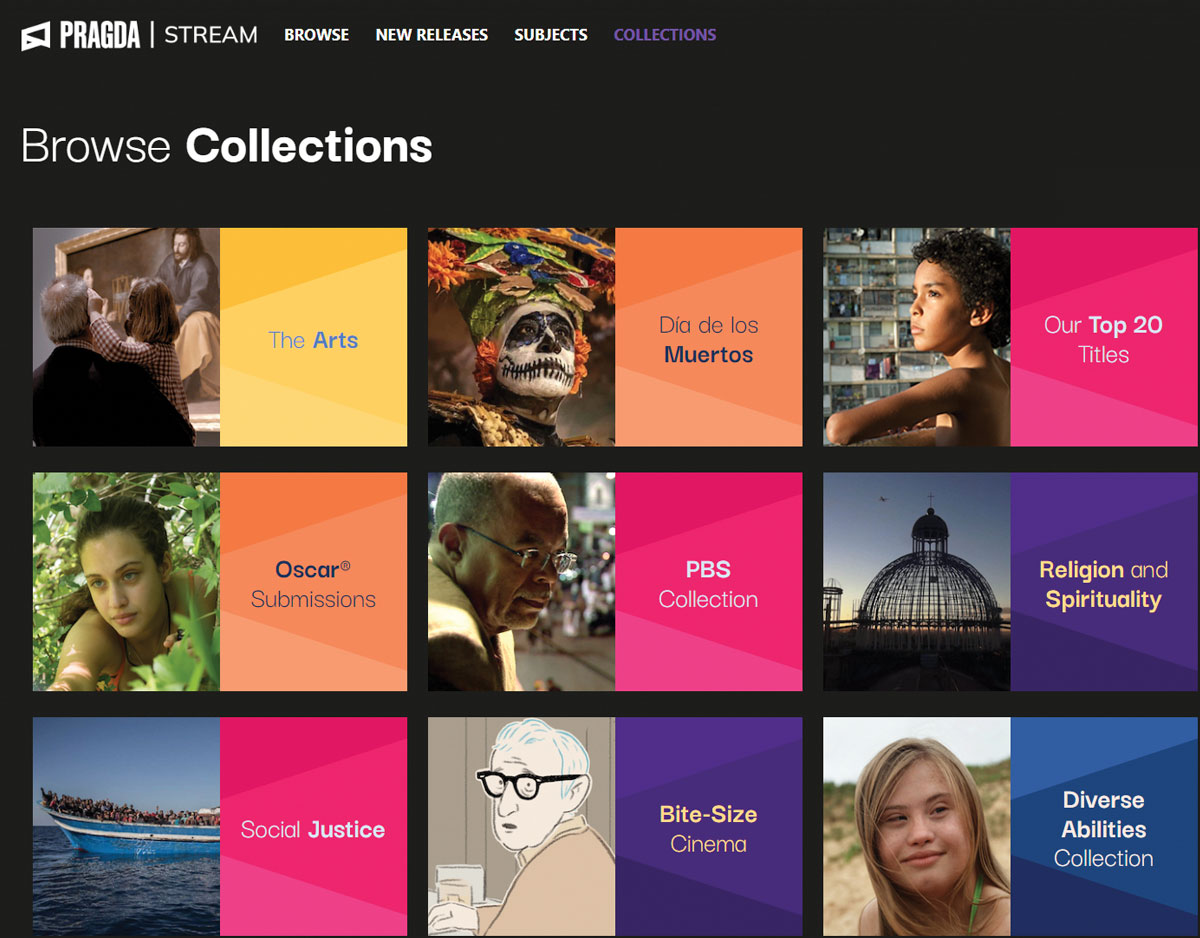Questions, Anyone? a guest post by Neal Shusterman

When I have speaking engagements, even virtual ones, I like to do all questions-and-answers. Sometimes it panics the more control-oriented administrators. They’re terrified that their students will ask something inappropriate or won’t ask anything at all. Never happens. And even when someone in the audience asks something meant to rattle me, it doesn’t work—because I love thinking on my feet.
Q: “How come so many people vomit in your book?”
A: “Well, if you were going through what the characters go through, you’d hurl, too.”
Q: “How many licks does it take to get the center of a Tootsie Pop?”
A: “Three. And here’s why three is such an important number in storytelling…”
Q: “Mr. Shusterman, what planet are you from?”
A: “A planet that your puny human telescopes have yet to discover.”
The thing about relating to an audience is that if you talk at them, they get this passive, glazed-over look. They might engage, but only as a recipient, not as a participant. I would rather get a slew of “What’s your favorite color” questions than spend an hour giving a lecture. Invariably the questions I am asked are the things I would talk about anyway, but at least now the audience owns the answers.
ADVERTISEMENT
ADVERTISEMENT
A book is exactly the same. Reading a book can be a passive experience or an active one. An author can spoon-feed a story, a message, a moral—as if the author knows all the answers and has deigned to impart their wisdom to the masses.
Or an author can make the reader uncomfortable by offering questions with no easy answers. Moral ambiguity; unintended consequences of our most noble actions; characters who face impossible choices but must decide anyway. Because if you make the readers work for it, they will own the answers they find.
To me that is what writing is all about. Not being afraid to ask hard questions. Now don’t get me wrong—I am afraid. In fact I’m terrified when I ask the hard questions, perseverating on all the things that can go wrong in the asking–especially now, when everyone on all sides of every issue is furious, and just looking for a reason to criticize.
And so what do I do? Like an idiot, I throw into the raging inferno this Molotov cocktail called Game Changer. Why would I write a book that peers into so many open wounds in society? What would possess me to do such a thing, knowing that we’re all working our last nerve?
This might sound like a writerly BS answer, but it’s the truth: I could not NOT write it. Once the idea (and terror) took hold, I felt that I would be cheating if I didn’t write it. I would be a fraud, because I didn’t have the courage to tell the story that was screaming at me. That is, after all, what I always tell students: I only write stories that scream at me and demand to be told. So if I demanded that this story shut the hell up, I’d be a hypocrite.
Why was the story screaming? That comes back to a question that I always get asked—more often from adults than from kids. “What do you want readers to take away from your books?” The answer to that is always the same.
Perspective.
If there’s one belief that infuses everything that I write, it’s that perspective is the only way we’ll ever come close to answering the hard questions. The more angles from which we can view a problem, the more likely we’re going to have the epiphanies and find the inspiration we need to solve it.
Have you ever heard of the Dunning-Kruger effect? All about illusory superiority, self-awareness, and meta-cognition. In a nutshell, the two titular social psychologists postulated and proved that the less of an expert you are, the more of an expert you believe you are. In other words, ignorance fuels itself, and the only way to deprive it of an energy source is through greater and greater perspective. It’s an ironic truth: the more you realize you don’t know, the more you actually do.
Game Changer is all about a character learning empathy and killing the fuel source of his own ignorance. The story is told from the point of view of a fairly oblivious white male heterosexual teen—but in the course of the story, he’s going to have all his notions of the world, and of himself, challenged. He’s going to have a crash course in racism, sexism, homophobia, and privilege through a series of alternate realities that give him perspectives he could never have otherwise experienced.
Now, before you go saying, “Great, another straight-white-male-hero-who-saves-the-world story,” I want to make it clear that my goal was to do precisely the opposite. This is a story about that all-too-familiar character learning that he’s not the hero he thought he was, and, in fact, the only reason the world needs saving is because of his own actions… and inaction. He can’t fix everything. The best he can possibly do is find a place to start.
I set out to model how to accept personal and social responsibility, even when it’s painful. Accountability is not something that just happens. You have to grow into it—and resistance to accountability can often happen because someone doesn’t know how to get there.
It is always my hope that my stories will reach those who need to read them and offer them perspective they didn’t know they were missing. They say you don’t know someone until you’ve walked a mile in their shoes. As a writer, I want to take that even further. It’s more than just walking in someone’s shoes—it’s also understanding the reason for the journey. I want to show readers what it means to be the road.
And if that leads to more questions than answers, then I’ve done my job!
Meet the author

Neal Shusterman is the New York Times best-selling author of over thirty novels for children, teens, and adults. He won the 2015 National Book Award for Young People’s Literature for Challenger Deep-and his novel, Scythe, was a 2017 Michael L. Printz Honor book-and is in development with Universal Studios as a feature film. His novel, Unwind, has become part of the literary canon in many school districts across the country-and has won more than thirty domestic and international awards. He co-wrote his most recent novel, Dry, with his son Jarrod, and in addition to being on numerous award lists, Dry is currently in development with Paramount Pictures. His upcoming novel, Game Changer, is in development with Netflix as a TV series, and he is co-writing the pilot episode.
ADVERTISEMENT
ADVERTISEMENT
Shusterman has also received awards from organizations such as the International Reading Association, and the American Library Association, and has garnered a myriad of state and local awards across the country. His talents range from film directing, to writing music and stage plays, and has even tried his hand at creating games.
Shusterman has earned a reputation as a storyteller and dynamic speaker. As a speaker, he is in constant demand at schools and conferences. Degrees in both psychology and drama give him a unique approach to writing, and his novels always deal with topics that appeal to adults as well as teens, weaving true-to-life characters into sensitive and riveting issues, and binding it all together with a unique and entertaining sense of humor. Neal lives in California but spends much of his time travelling the world speaking and signing books for readers.
Website: http://www.storyman.com
Facebook: https://www.facebook.com/nealshusterman
Instagram: https://www.instagram.com/nealshusterman/
Twitter: https://twitter.com/NealShusterman
About Game Changer
All it takes is one hit on the football field, and suddenly Ash’s life doesn’t look quite the way he remembers it.
Impossible though it seems, he’s been hit into another dimension—and keeps on bouncing through worlds that are almost-but-not-really his own.
The changes start small, but they quickly spiral out of control as Ash slides into universes where he has everything he’s ever wanted, universes where society is stuck in the past…universes where he finds himself looking at life through entirely different eyes.
And if he isn’t careful, the world he’s learning to see more clearly could blink out of existence…
This high-concept novel from the National Book Award-winning and New York Times-bestselling author of the Arc of a Scythe series tackles the most urgent themes of our time, making this a must-buy for readers who are starting to ask big questions about their own role in the universe.
ISBN-13: 9780061998676
Publisher: HarperCollins Publishers
Publication date: 02/09/2021
Age Range: 14 – 17 Years
Filed under: Uncategorized
About Amanda MacGregor
Amanda MacGregor works in an elementary library, loves dogs, and can be found on Twitter @CiteSomething.
ADVERTISEMENT
ADVERTISEMENT
SLJ Blog Network
Name That LEGO Book Cover! (#53)
Cover Reveal and Q&A: The One and Only Googoosh with Azadeh Westergaard
K is in Trouble | Review
Fighting Public School Book Bans with the Civil Rights Act
ADVERTISEMENT







